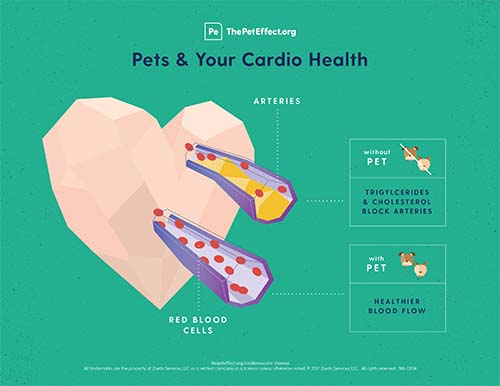Bellevue, WA (January 18, 2016) — Pet Partners, the nation’s leading organization in animal assisted interventions, has signed a memorandum of understanding with the Human Animal Bond Research Initiative (HABRI) Foundation to advance both scientific study and public policy that recognizes the positive impact that companion animals have on human health.
“In signing this agreement to develop a more formal working relationship with HABRI, Pet Partners recognizes the importance of developing scientific evidence that shows the positive human health outcomes associated with the human-animal bond,” said Annie Magnant, President and CEO of Pet Partners. “Together, along with the Pet Partners grassroots network of more than 11,000 therapy animal teams, we can share this science and advance policies that recognize the healing power of pets.”
“Pet Partners sets the gold standard for animal assisted interventions and has an array of effective programs to help and heal people with the power of the human-animal bond,” said Steven Feldman, HABRI Executive Director. “HABRI has the scientific research programs and Pet Partners has the paws on the ground – it’s a great combination.”
Pet Partners and HABRI will work together to support pet-friendly public policies, arming a far-reaching network of Pet Partners therapy animal teams with the latest research results to persuade more people and institutions to recognize the impact of animal assisted interventions. Pet Partners will look at practical applications in program development resulting from HABRI supported research, making the research come to life. HABRI will also promote opportunities for Pet Partners therapy animal teams to participate in high-quality research projects that examine the important role of companion animals in human health.
“The phrase ‘human-animal bond’ was coined by Leo Bustad, one of the founders of Pet Partners,” said Magnant. “The importance of evidenced based outcomes is at the very core of the Pet Partners organization, so it is right that we formalize our relationship with HABRI to further our common mission.”
About Pet Partners
Pet Partners is the national leader in demonstrating and promoting animal-assisted therapy, activities and education. Nearly forty years since the organization’s inception, the science that proves these benefits has become indisputable. Today, Pet Partners is the nation’s largest and most prestigious nonprofit registering handlers of multiple species as volunteer teams providing animal-assisted interventions. For more information about Pet Partners, visit www.petpartners.org
About HABRI
The HABRI Foundation maintains the world’s largest online library of human-animal bond research and information; to date has funded more than half a million dollars in innovative research projects to scientifically document the health benefits of companion animals; and informs the public about human-animal bond research and the beneficial role of companion animals in society. For more information about the HABRI Foundation, visit www.habri.org.
Contact
Jamie Baxter
jamie@theimpetusagency.com
775.322.4022
###





